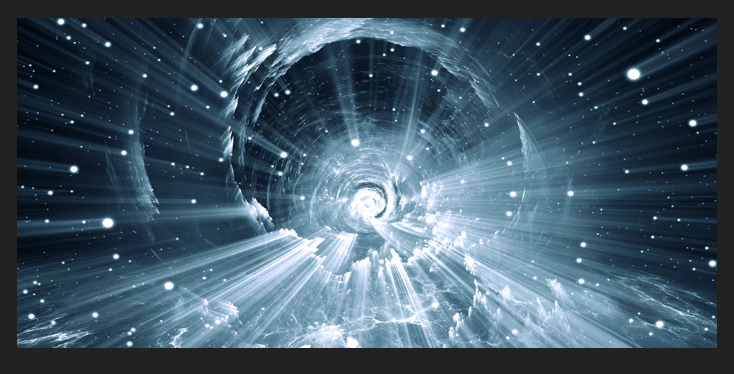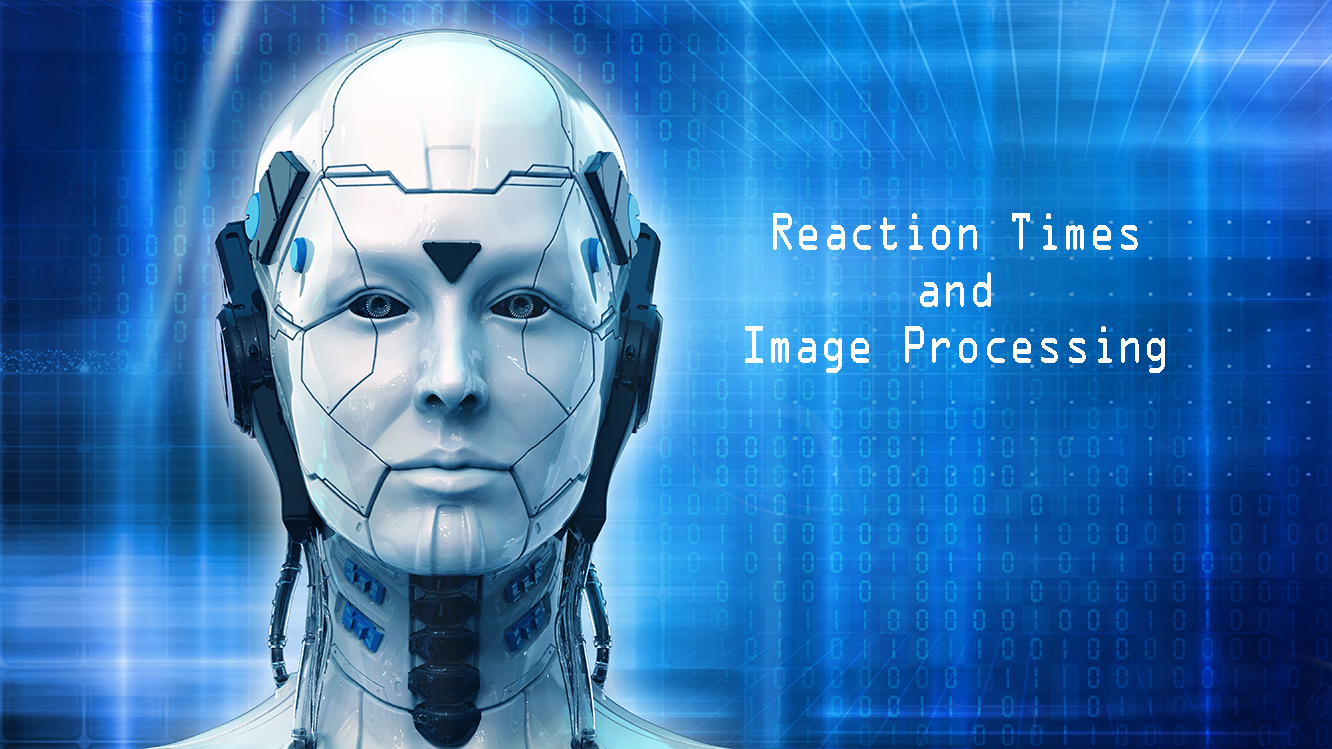Tachypsychia, describes the phenomena of time slowing down and is recognized as a neurological condition that distorts our perception of time. This phenomenon is commonly brought on during life-threatening moments and associated with the biological responses of the body. Many describe tachypsychia as the appearance that time is elongated, or that events are moving slower than reality.
The tachypsychia symptoms include:
- Increased heart rate and blood pressure which may even cause fainting.
- Dilation of bronchial passages, which causes a higher absorption of oxygen into the blood stream.
- Dilation of the pupils which allows more light into the eye, enhancing low light vision.
- Auditory exclusion
- An increase in pain tolerance.
- Loss of color vision.
- Short term memory loss.
- Increased long term memory.
- Decreased fine motor skills.
- Decreased communication skills.
- Decreased coordination.
- A release of glucose into our system generating extra energy and strength.
What explanations exist for the slow-motion effect referred to tachypsychia? Obviously, physical time does not slow down, it is our perception that has changed.
One explanation for our change in perception is that the internal processes of the brain run faster in situations of “fight or flight.” Bolstering that point, epinephrin is known to cause synapses in the brain to require less electrical impulse to fire, thereby allowing the brain to process information faster.
The purpose of such mental acceleration is clear, when we process environmental stimuli faster it enables one to respond more readily. Perceiving, thinking, and acting faster, amounts to a survival advantage. However, if the release of epinephrin allows the synapses of the brain to fire faster and with less electrical impulse, could this also result in task overload for the unconditioned mind?
Many different tachypsychia theories were examined during the writing of this book and as you might expect, not all theories came to the same conclusion. However, most theories acknowledge a change in consciousness and ultimately a change in perception.
Epinephrine has been shown in studies to play a role in attention, focus, panic and excitement. Interestingly, the symptoms associated with fight or flight and anxiety attacks are nearly identical. We know of many substances such as alcohol and marijuana change our perception of reality to some degree, which is correlated to the amount of the substance ingested. Other substances, such as known psychedelic have the ability to drastically change our perception, effectively altering our state of consciousness. Think of the human brain as a filter for consciousness which can altered, even be changed with various substances, but also with no drugs at all and by simply meditating. Controlling the mind is the key to super human abilities.
Research and studies reviewed found that the release of epinephrin during fight or flight is not responsible for creating the condition of tachypsychia. In other words, its all in your head! For example, in response to a severe alergic reaction it's common to remedy the situation by injecting the effected person with an epi-pen (epinephrine). However, the epinephrine will not in itself induce the symptoms of fight or flight, or tachypsychia. just because your body has released tons of hormones does not automatically mean you'll experience tachypsychia.
Why do different people react differently to the same event?
It's all in your head, your preprogrammed responses to situations, or your un-programmed responses form previous experiences and thoughts. Studies also show that it isn't uncommon to for people witnessing the same event to have significantly different perceptions and memories of the event. For example, This eye-witness testimony is notoriously unreliable. Two people experiencing the same life-threatening event may have two completely different experiences; This is common in combat and intense law enforcement scenario's.
Experiencing tachypsychia Is Like looking at frames of video
In 2014, neuroscientists at MIT study conducted a study that showed humans can process images in just 13 milliseconds, which validates that we can see and discern data at speeds up to 72 frames per second.
A nanosecond, is often used to mean “a very short time,” and is 0.000000001 seconds, with 8 zeros following the decimal point. The Planck time is said to be the shortest measurable unit of time in the universe and has no fewer than 43 zeroes following the decimal point. The question is, what is the shortest unit of time that can be perceived? Bare in mind, humans are estimated to use just 10% of the capacity of the brain. But, what if under certain conditions the brain capacity doubled? What effects might be perceived?
Tachypsychia is twofold
(Author) I couldn't find a theory for fight or flight or tachypsychia that matched my own experiences. After studying the topic I developed my own twist. It's a fact, that epinephrin release allows neurons in the brain to fire faster. Essentially, the person's brain is processing everything faster. When that physiological response is combined with the extreme focus and attention demanded by the life-threatening situation super human abilities are the result. Faster brain processing combined with hyper focus and attention activate the brain and alter the state of consciousness allowing the person to extend the limitations of the senses and normal physical ability. This includes experiencing reality like frames of video, commonly referred to as tachypsychia.



Leave a comment
This site is protected by hCaptcha and the hCaptcha Privacy Policy and Terms of Service apply.